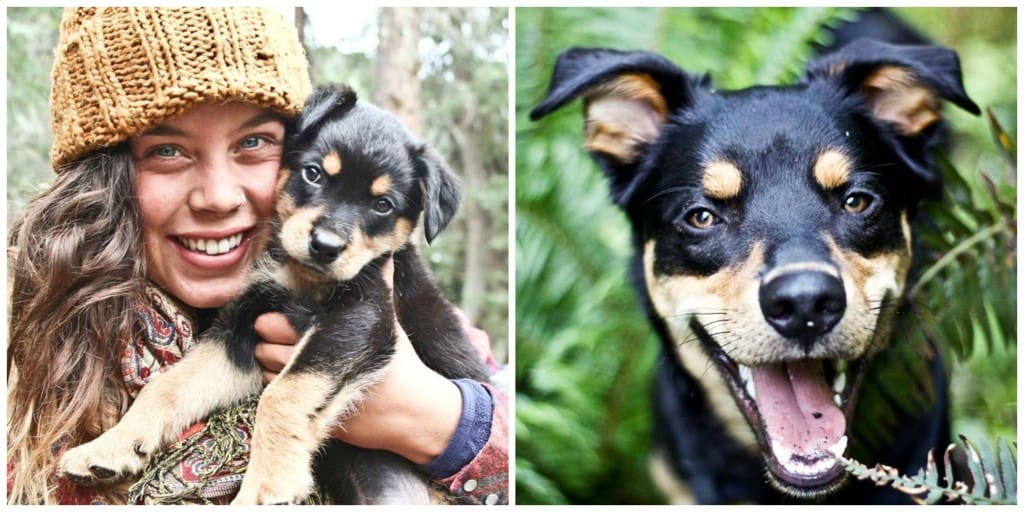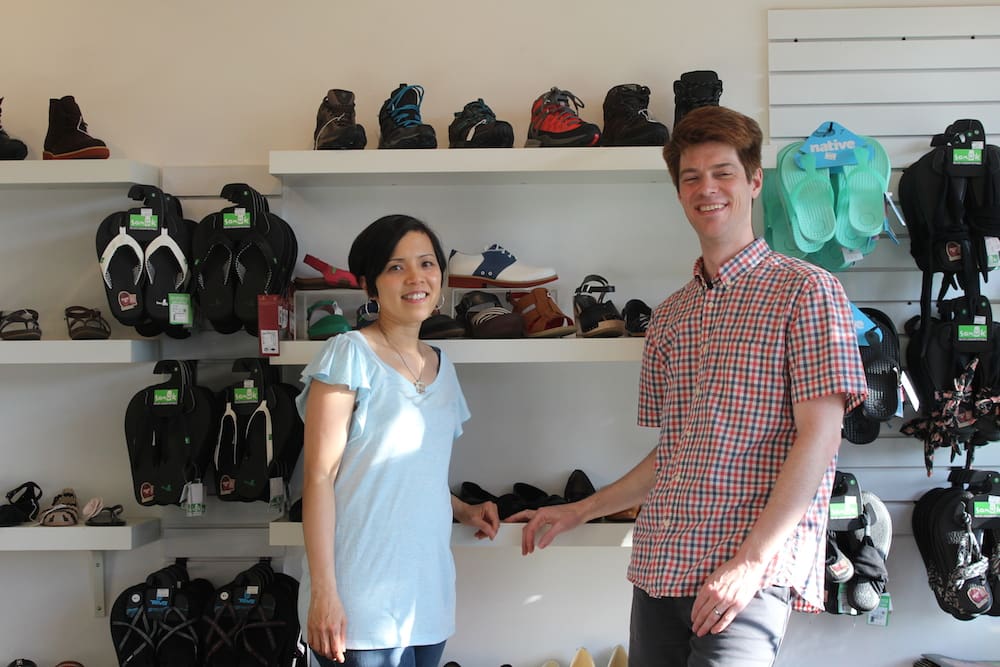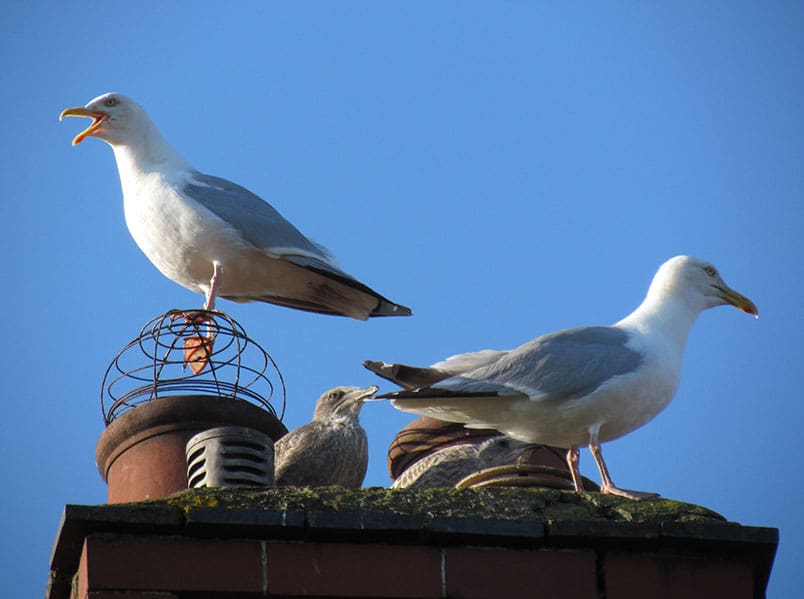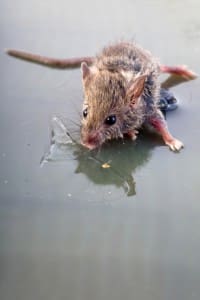Guest post by Desiree; activist, animal lover & McVitie fund for animals recipient
This captivating dog was found wandering the streets of a small northern community, Iskut, B.C., all on his lonesome at the age of one month. It was pretty much love at first sight when the two of us locked eyes; him, in search of a mother and I in search of a companion with the most unconditional of love. He literally walked into my life and I’m sure you can understand by looking at his picture, why I couldn’t say no to this face that was longing to be rescued.
I was so grateful to have received support from the Vancouver Humane Society, through their McVitie fund for animals, upon returning home with him from volunteering. They helped me with his vaccinations, tattoo and a neuter – everything he needed to start this new chapter of his life off right.
.
 I spent last summer biking 2000 km to this area, Tl’abane, more commonly referred to now as the Sacred Headwaters – the birthplace of the Skeena, Stikine and Nass rivers, some of the most vital salmon bearing rivers in all of so-called North America. It is home to the unceded, unsurrendered Tahltan First Nation who have lived in harmony with the land and water for thousands of years.
I spent last summer biking 2000 km to this area, Tl’abane, more commonly referred to now as the Sacred Headwaters – the birthplace of the Skeena, Stikine and Nass rivers, some of the most vital salmon bearing rivers in all of so-called North America. It is home to the unceded, unsurrendered Tahltan First Nation who have lived in harmony with the land and water for thousands of years.
Iskut and I began our adventure together exploring the mountains, lakes and rivers in Tl’abane. To this day gallivanting in the great outdoors is our favourite activity. I watch as he leaps and bounds through the forest, down snowy mountainsides, through the shallows of creeks and rivers; I think he has mistaken himself for a deer or rabbit. Nevertheless, his playfulness, quirkiness and endurance are prominent signs of a healthy and happy pup, which was made all the more possible by the McVitie fund. He has touched a lot of lives and every time someone asks about him I get to tell a story that should be shared far and wide. Thank you again to the Vancouver Humane Society for helping me help this special pup!
—
VHS’s McVitie fund for animals provides low-income guardians of companion animals with spay/neuter assistance, as well as help with unexpected, emergency vet bills. Please consider supporting the McVitie fund. Increase your impact by donating today – all donations will be matched by a generous VHS donor!







